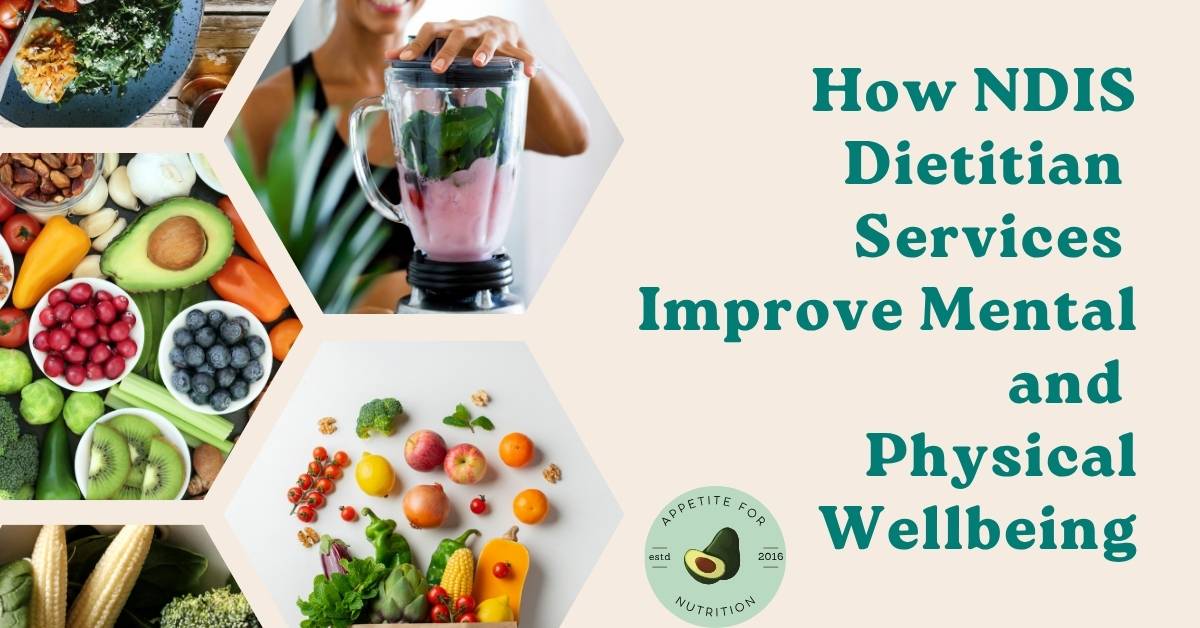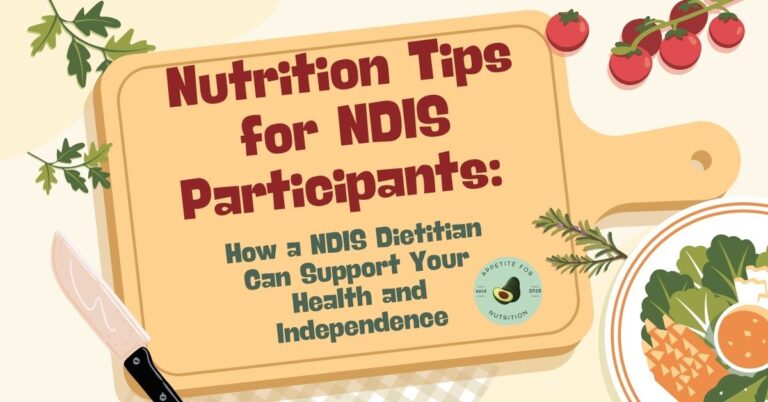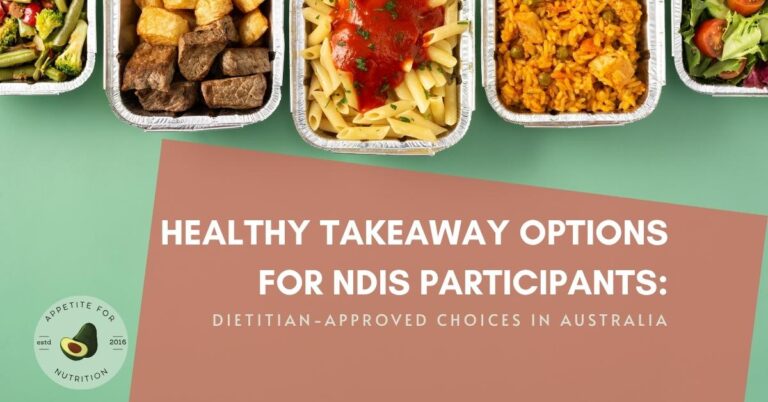
How NDIS Dietitian Services Help Improve Mental and Physical Wellbeing
The National Disability Insurance Scheme (NDIS) provides essential support to help participants achieve their goals and improve quality of life. Among the many services available, dietitian support plays a vital role in enhancing both mental and physical wellbeing.
An NDIS-registered dietitian helps participants overcome dietary challenges, develop healthy habits, and build confidence around food. With tailored nutrition advice and practical support, these services can lead to lasting improvements in energy, mood, and independence.
Personalised Nutrition Support
Every individual has unique health conditions, preferences, and goals. An NDIS dietitian creates a personalised nutrition plan based on medical needs, mobility, and daily lifestyle.
For example:
- Participants with diabetes may need structured meal plans for blood sugar management.
- Those with dysphagia require soft-textured foods for safety.
- Individuals with autism or cerebral palsy may benefit from sensory-friendly or adaptive meal routines.
This tailored approach ensures participants receive the nutrients they need to thrive — while preventing secondary complications.
Support for Eating Disorders
An eating disorder dietitian provides compassionate, evidence-based care for individuals experiencing anorexia, bulimia, or binge eating.
By addressing both the emotional and nutritional aspects of disordered eating, dietitians help participants:
- Rebuild a healthy relationship with food
- Establish regular eating patterns
- Reduce anxiety and guilt around meals
- Work collaboratively with mental health professionals for holistic recovery
This integrated care leads to improved confidence, body acceptance, and overall wellbeing.
Boosting Mental Health Through Nutrition
Nutrition and mental health are closely linked. Deficiencies in nutrients such as vitamin B12, vitamin D, iron, and omega-3 fatty acids can contribute to low mood, fatigue, and anxiety.
An NDIS dietitian can assess dietary intake, identify gaps, and recommend foods or supplements to support emotional wellbeing.
Participants often notice:
- Better concentration and energy
- Improved mood stability
- Reduced stress and fatigue
These positive changes help participants stay more engaged in work, education, and social activities.
Promoting Independence and Healthy Habits
Beyond meal plans, NDIS dietitians empower participants with practical life skills such as:
- Grocery shopping and label reading
- Simple, healthy meal preparation
- Budget-friendly food choices
Dietitians also work with families and carers to create a supportive food environment that encourages independence and healthy eating for everyone in the household.
Managing Co-Occurring Health Conditions
Many people living with disabilities also experience chronic health conditions such as obesity, heart disease, or gastrointestinal disorders.
An NDIS dietitian develops nutrition strategies that manage multiple conditions at once, such as:
- High-fibre diets for better digestion
- Heart-healthy meals for cholesterol control
- Portion balance for healthy weight management
This holistic approach not only prevents further complications but also improves energy, comfort, and confidence in daily life.
Collaborating with Other NDIS Providers
NDIS dietitians often work closely with other allied health professionals — including physiotherapists, occupational therapists, psychologists, and speech pathologists — to deliver integrated, person-centred care.
For example, a dietitian and psychologist may work together to support someone recovering from an eating disorder, ensuring nutritional and emotional progress go hand in hand.
This teamwork maximises outcomes across all areas of wellbeing.
The Practical Benefits of Dietitian Support
NDIS dietitian services offer tangible improvements in daily living, such as:
- Higher energy levels: Supporting active participation in work, learning, and leisure.
- Better disease management: Managing diabetes, high blood pressure, and digestive disorders through diet.
- Improved immunity: Strengthening resistance to illness with nutrient-rich foods.
- Healthy weight control: Enhancing mobility and self-confidence.
- Sharper mental clarity: Boosting focus and decision-making skills through balanced nutrition.
Wrapping Up
An NDIS-registered dietitian provides more than just meal advice — they deliver holistic support that enhances mental, emotional, and physical health.
From managing eating disorders to improving independence and daily nutrition, dietitians help participants live healthier, more fulfilling lives.
If you’re ready to prioritise your wellbeing, contact our NDIS dietitians in Melbourne for expert guidance tailored to your unique goals and needs. Together, we’ll build a plan that supports your journey toward better health and happiness.
This blog was last updated October 2025.
Frequency Asked Questions
Find quick answers to common questions about our dietitian services, NDIS support, Telehealth appointments, and booking process.
Dietitians have completed additional clinical training and are qualified to work with medical conditions and NDIS participants. Nutritionists provide expert dietary advice and education for general health and wellbeing.
Yes. If your plan includes Capacity Building – Improved Health and Wellbeing or Core Supports, you may be eligible for dietitian services under the NDIS.
Absolutely. Research shows that telehealth nutrition consultations are just as effective as face-to-face sessions, offering flexibility and ongoing support.
You can book online, call our team, or ask your healthcare provider or NDIS coordinator to send a referral.
Our admin team will match you with the right dietitian for your needs and location.
An NDIS dietitian supports participants by creating personalised meal plans, improving eating habits, and addressing conditions like diabetes, dysphagia, and eating disorders. They also collaborate with other healthcare providers for holistic care.
Absolutely. Nutrition has a strong connection to mood and brain health. Dietitians support emotional wellbeing through nutrient optimisation, positive eating habits, and coordination with mental health professionals.



